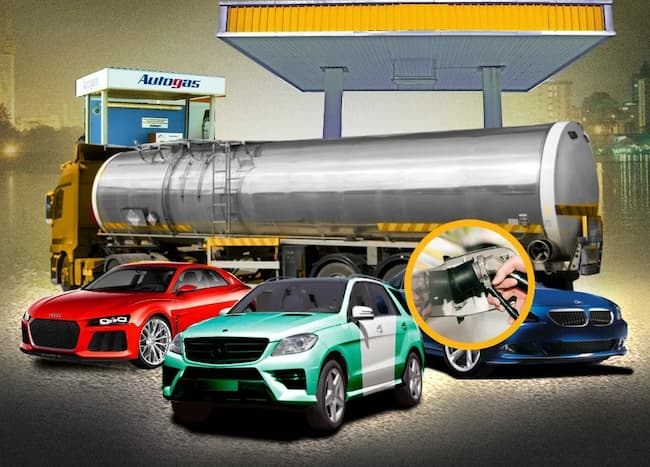Nigeria is set to reduce its importation of Premium Motor Spirit (PMS), commonly known as petrol, by approximately $4.4 billion annually through the adoption of Compressed Natural Gas (CNG), the Federal Government announced on Tuesday.
The announcement came via the Presidential Compressed Natural Gas Initiative (PCNGI), which aims to convert one million diesel and petrol-powered vehicles to CNG. This initiative is projected to save Nigeria about $4.4 billion each year on petrol imports, according to Zayyan Tambari, Coordinator, Regulations, Compliance and Facilitation at PCNGI.
During a presentation at the Co-Creation Session on Nigeria Gas Vehicle Monitoring System in Abuja, Tambari outlined the government’s goal to replace 20% of the current 50 million litres of petrol consumed daily in Nigeria with CNG.
The initiative follows the recent rollout of CNG-powered buses and tricycles in Ilorin, Kwara State, as reported by The PUNCH. Special Adviser to the President on Information and Strategy, Bayo Onanuga, confirmed the launch, highlighting the inauguration of a refueling and conversion centre in Ilorin, alongside the unveiling of CNG buses and tricycles.
Tambari also revealed that an investment of about $890 million would be required to develop the necessary infrastructure for the alternative fuel.
At the event, the Minister of State for Petroleum Resources (Gas), Ekperikpe Ekpo, represented by Abel Nsa, emphasized the government’s commitment to harnessing Nigeria’s gas resources fully. He underscored the importance of addressing safety issues and educating the public on CNG usage.
Ogbugo Ukoha, Executive Director of Distribution System, Storage and Retailing Infrastructure at the Nigerian Midstream and Downstream Petroleum Regulatory Authority (NMDPRA), stated that new filling stations would only receive licenses if they include CNG dispensing points. He added that fuel trucks, fleet owners, and facilities would be mandated to convert to CNG due to the high cost of diesel.
Michael Oluwagbemi, Project Director/Chief Executive of PCNGI, highlighted that gas is a cheaper, cleaner, safer, and more sustainable energy source for Nigeria’s economy, given the country’s abundant gas resources compared to crude oil.
The nationwide CNG conversion program for mass transit buses, initiated in Lagos, Kwara, the Federal Capital Territory, and Rivers states, marks the first phase of this ambitious project. This phase is being executed in partnership with major transport unions, including the National Union of Road Transport Workers, Road Transport Employers’ Association of Nigeria, and Nigerian Association of Road Transport Owners.
Oluwagbemi noted that the initial rollout would involve eight of over 120 designated conversion workshop sites, with plans to scale up operations across 15 states over the next 45 days.











